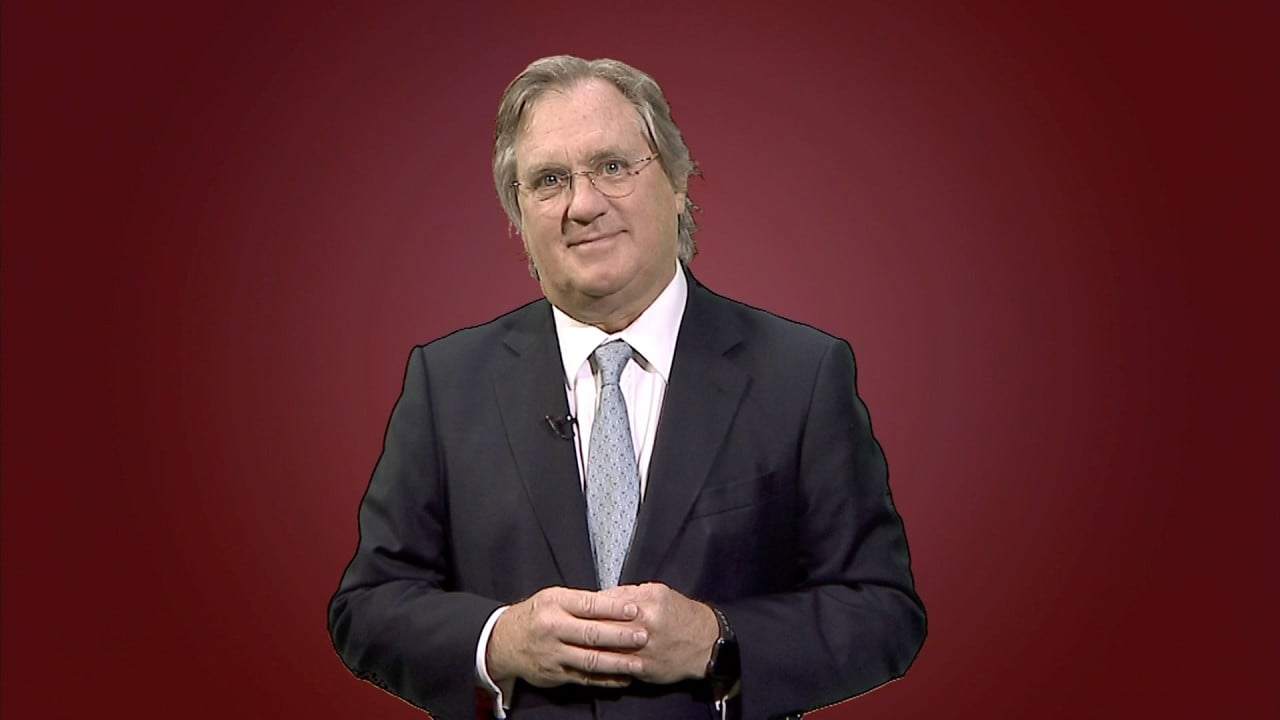
Between the coronavirus, trade war and more, financial markets have had an extraordinary six months. What’s next?
- The year has so far been one where narrative finance, rather than a command of economic or financial fundamentals, has guided asset prices
- There is no reason the third quarter should be as extraordinary as the first two, but it would take a brave investor to bet on it being uneventful
The investor’s world is never a quiet one. Uncertainty reigns supreme, which makes the financial markets so interesting. The Hong Kong market peaked just as we went into the Lunar New Year holiday and it seems like we’ve never come out. The past six months have been the most extraordinary in my 40-plus years in the business. What do the next six months have in store?
We began the year by saying 2019 was spectacular for investors and that the markets would find an excuse to slow down. No one expected the dominant financial narrative for 2020 to be the coronavirus.

05:55
What if Covid-19 is here to stay? Why we may need to prepare for the coronavirus becoming endemic
The uncertainty of markets is such that it may be a week before – as it was this time – a month before, a month after or sometimes not at all. Uncertainty is the joy of the investing game. If it worked all the time, I would be sitting on a beach with a drink with an umbrella in it.
The French mathematician Pierre-Simon Laplace imagined an all-knowing being who in December would have invested in the US dollar, bonds and gold while shorting equities and commodities. Only Laplace’s demon would have expected the yield on US Treasury notes to fall from 1.9 per cent per year to a record low of 0.64 per cent.
Those falling yields meant bond prices went up 15 per cent, making their investors happy. Gold saw a healthy 18 per cent jump in the first six months, beaten by bitcoin which rose more than 27 per cent. Strangely, currencies were almost mute, doing nothing.
Many of these assets had their lows on different days, with gold, Treasury yields and bitcoin dipping a week before the stock market lows. Laplace’s demon would have had all his money in the VIX volatility index, which began the year at 15, peaked at 83 and is at 30 today. It would have sold at the peak on March 16.
What’s in store for the second half of 2020? According to the financial random walk theory, there is no reason the third quarter should be as extraordinary as the first two. Will Harris’ Law of Quarterly Reversals remain intact? It would take a brave investor to bet on it being uneventful.

02:24
Time to stop talking about Hong Kong’s ‘premature death’
The narratives of the first half of the year have yet to fully play out. Good news about government help is out of the way; bad news about economies and companies will continue to flow. Even so, investors are buoyed by the fact that the damage is done and by the knowledge that further virus waves should be handled promptly.
Richard Harris is chief executive of Port Shelter Investment and is a veteran investment manager, banker, writer and broadcaster and financial expert witness

